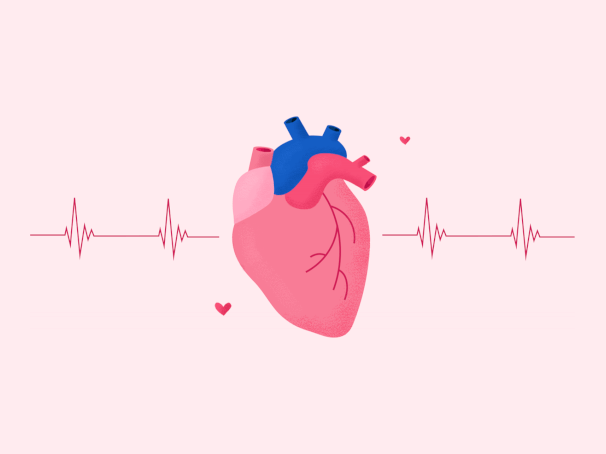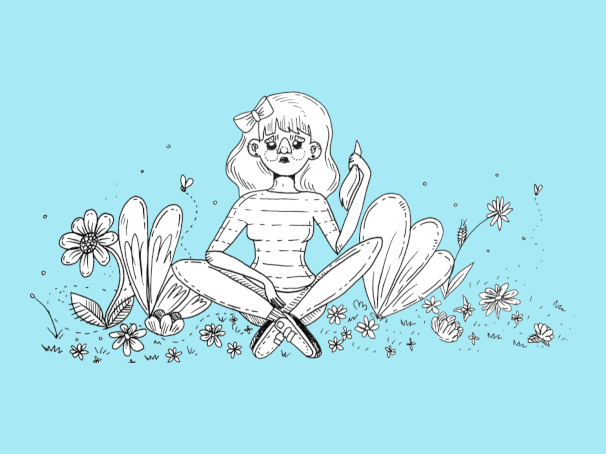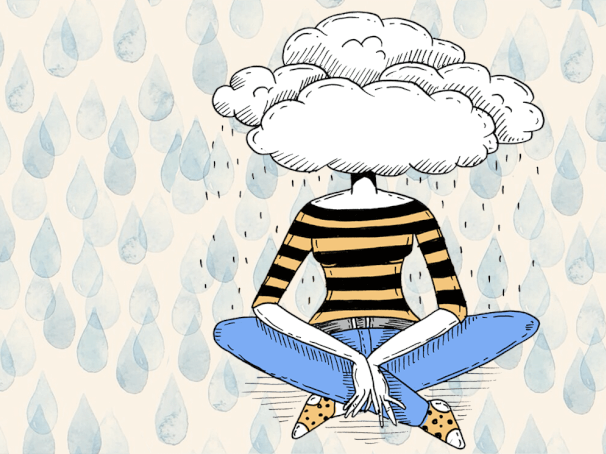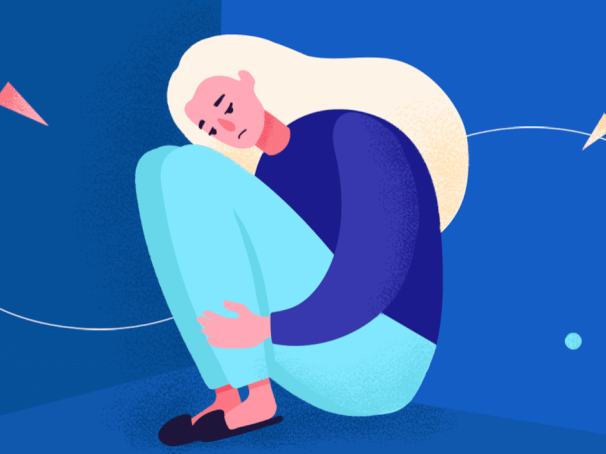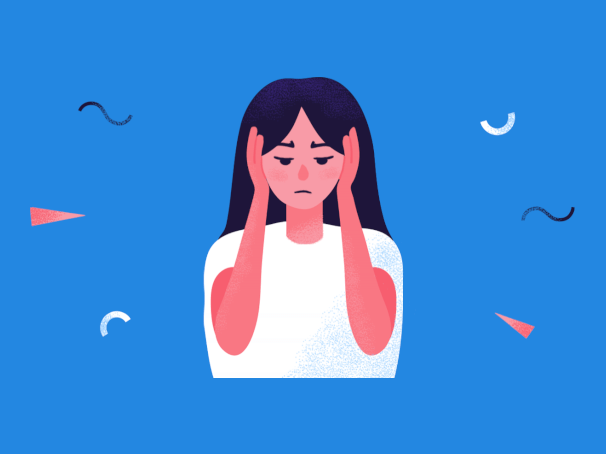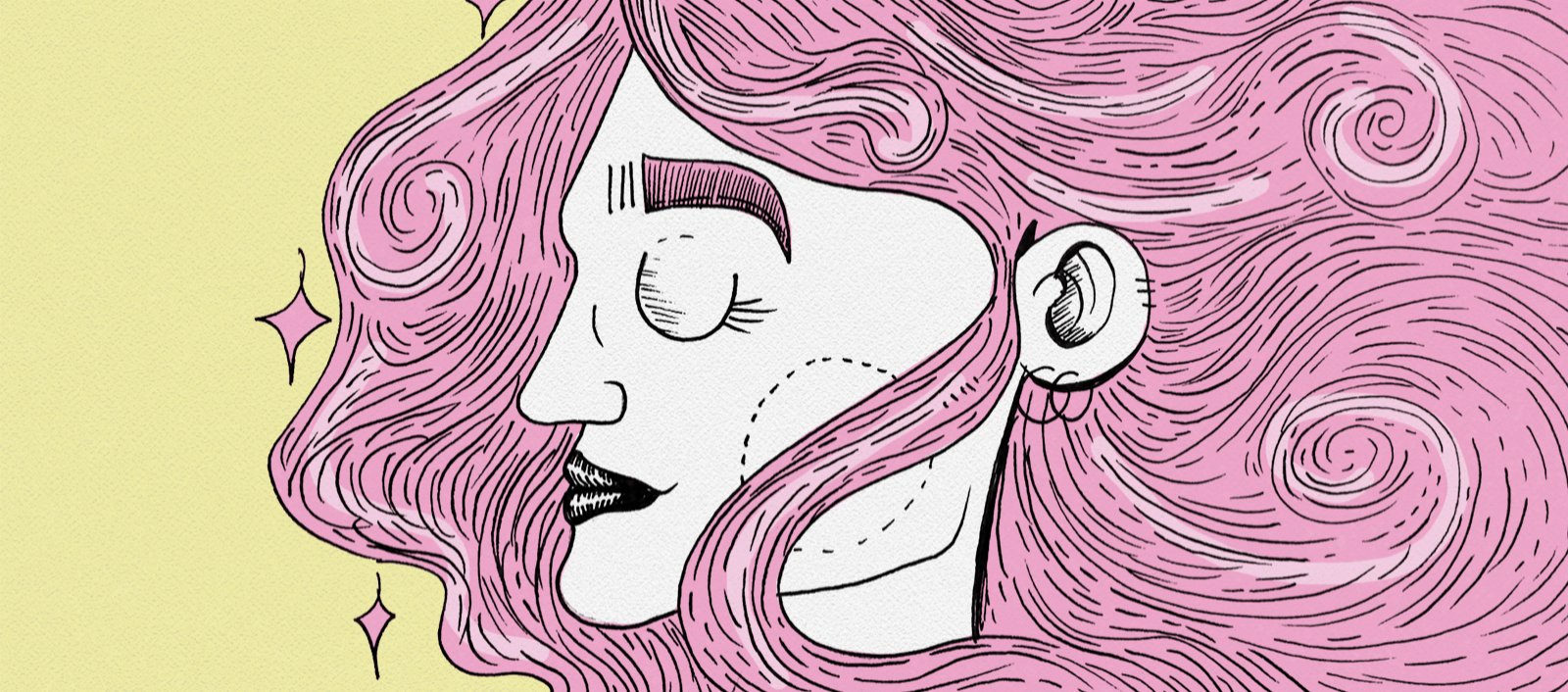
最难的部分之一的生活焦虑disorder is experiencing symptoms that cause more anxiety. That's why respiratory problems caused by anxiety are perhaps the worst type of symptom. Any time you struggle with your breathing or your lungs, you're likely to experience a burst in anxiety, and that's what we often see in those that are living with anxiety disorders.
存在许多不同的呼吸问题,每个呼吸问题由不同的问题引起。在本文中,我们将探讨一些最常见的,然后查看如何防止它们。
焦虑呼吸问题的类型
焦虑的呼吸问题往往与您体验的焦虑的类型有关。他们中的许多人也被感知,但不是一个实际问题 - 这意味着你的肺部或心脏没有任何问题,但是有一个感觉,使它看起来是错误的。
焦虑实际上改变了你的呼吸习惯。尚不清楚如何或为什么人们学会在患有焦虑时呼吸不同的人,但戏剧有几个问题:
- 焦虑是您的战斗或飞行系统的激活,将肾上腺素泵入血液中。这可能导致您的呼吸加速,结果又导致我们暂时讨论的一些问题。
- Anxiety can also cause you to think too much about your breathing, which makes you breathe inefficiently. This actually has many of the same effects as breathing quickly, but without necessarily speeding up each breath.
That latter point is where a lot of the confusion tends to arise. When you think about your breathing, your breathing no longer becomes an automatic process. You temporarily make it manual, which means that you're the one deciding how much to breathe and how fast.
People think they need much more air than they do, so they tend to take deeper breaths than their body needs. This has the same effect as breathing too quickly, both of which can cause an issue known as hyperventilation.
什么是hyperventilation?
过度通气是焦虑症中最呼吸问题的主要原因。这个词本身意味着“过度呼吸”。很多人都知道人体将氧气转化为二氧化碳,然后摆脱它,但大多数人都不知道二氧化碳实际上是您的身体需求的东西。您身体中的许多过程依赖于右二氧化碳余额以运行。
当你呼吸太快时,问题不是太多的氧气 - 它的二氧化碳太少。在它有机会制作之前,你的身体基本上呼吸二氧化碳。
过度通气负责许多不同的问题,最符合胸痛,灯头,快速心跳。但它也会导致有关呼吸窘迫的几个问题:
- Trouble Breathing Sensation即使过度通气过多是太多的氧气,身体的反应也是觉得你没有得到足够的氧气。这种矛盾的效果往往是一个问题,因为通过试图迫使呼吸呼吸呼吸 - 呼吸更糟糕的人来说是一个问题。这是人们发展恐慌攻击的原因之一,因为它们越来越多地过度通识并经历症状逐渐恶化。manbetx体育官网
- 无法扩大胸部/需要打哈欠与努力呼吸的感觉直接相关的类似问题是一种感觉,好像你真的需要打哈欠,但发现当你开始时你无法扩大你的胸部以获得全哈欠。这使得您的肺部觉得有些问题,即使实际上,你就根本不需要空气。
许多胸部疼痛也是一种呼吸问题,通常与心脏病发作相关。这是许多焦虑症的原因之一,担心健康问题并去看医生。
过度通气是呼吸与焦虑有关的问题的主要原因。
其他呼吸问题
Anxiety may also lead to other types of breathing problems. Because of hyperventilation, asthma attacks are notorious in those with both asthma and anxiety.
Some people find that anxiety seems to make them cough, possibly as the result of dry air or an increase in mucus. Allergies are believed to increase when someone has anxiety as well, which may also create coughing.
最后,焦虑会导致腹胀。虽然膨胀不一定是呼吸问题,但有些人声称他们的腹胀导致他们努力获得全面的呼吸。
How to Address Anxiety Respiratory Problems
The best way to stop these breathing problems is to stop anxiety. Since anxiety is the cause, the solution is to learn to control your anxiety, which will ultimately control your breathing. But in the meantime, consider the following tips to stop hyperventilating as often:
- 练习深呼吸One method is to simply practice breathing again. Hyperventilation can actually grow into its own separate problem, known as "hyperventilation syndrome," which is when you start hyperventilating even when no anxiety is present. You can overcome this by spending 30 or so minutes a day retraining your body to breathe using slow, deep, controlled breaths. Consider taking yoga or meditation classes, as these types of activities teach better breathing habits and are more enjoyable than sitting in your apartment.
- 学会停止过度通气Once you've started hyperventilating it does take a while for your body to get back to normal. But in the meantime, there are ways to prevent hyperventilation from getting worse. The most important thing to remember is to fight the urge to expand your chest or breathe more oxygen than you need. Instead, slow down your breathing, taking at least 5 seconds to breathe in, holding for 2 or 3, then taking 7 seconds to breathe out. This will help you regain your carbon dioxide levels.
- Walk/RunSometimes it's hard if you're in the middle of a panic attack to do anything that raises your heart rate, but studies have shown that walking and running – both while you're hyperventilating and in general – seem to have positive benefits for preventing hyperventilation. Most likely the movement, blood flow, and the way your body breaths when you walk helps you regain control of your breathing and your carbon dioxide levels. Exercise is also known to reduce anxiety overall.
These strategies will give you a way to combat hyperventilation, and while they won't cure your anxiety they should decrease anxiety symptoms.
But to really get rid of the respiratory problems, you need to cure your anxiety. In order to manage anxiety, look for treatments such as therapy, medication, and self-help/lifestyle changes. There are plenty of different opportunities out there provided you are able to make the first step.

